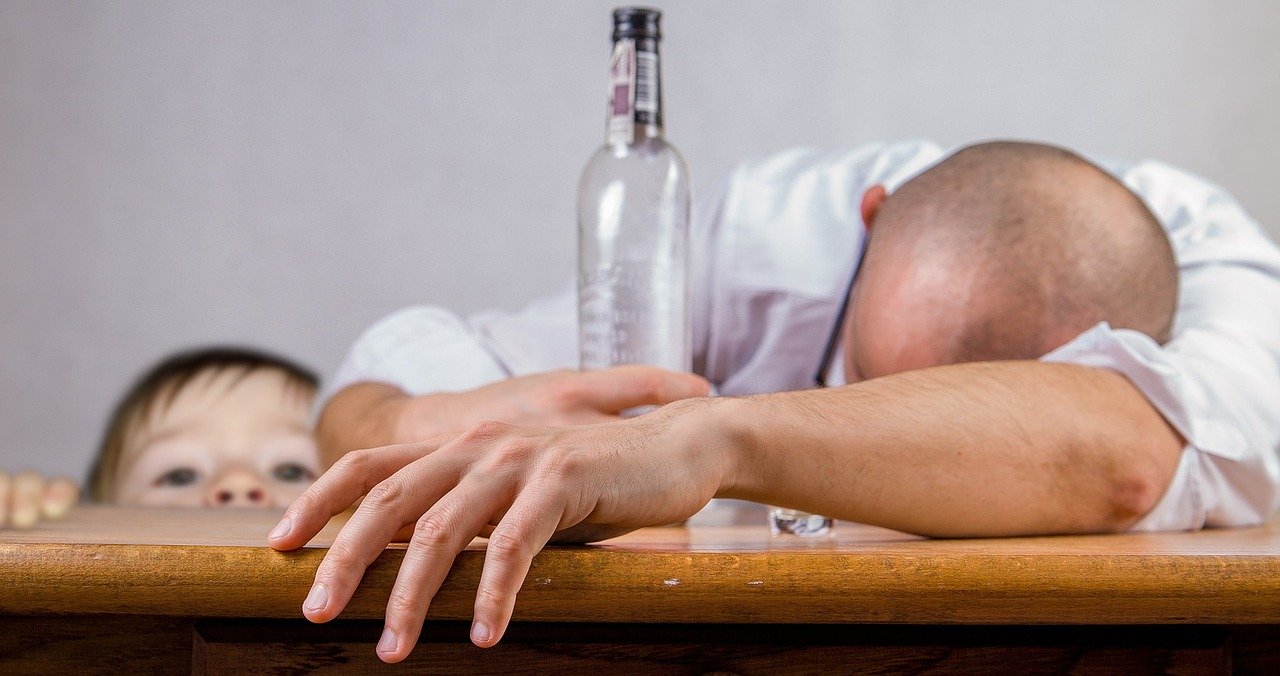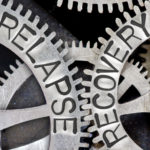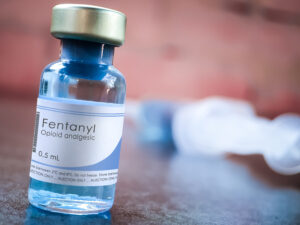
Alcoholism remains an enigmatic disorder, often rendering it challenging to identify the difference between an alcoholic and a binge drinker.
Some may envision alcoholics as people who hit rock bottom—homeless, broke, sick, and dying. Meanwhile, others may view them as those who frequently indulge in binge drinking. But in truth, there is a difference between alcohol abuse and binge drinking.
So, the question arises––how do we discern the border between these two behaviors?
In this article, we will examine the difference between binge drinking and alcoholism.
What’s Alcoholism?
Understanding the true nature of the disease is important before determining the difference between binge drinking and alcoholism.
While heavy drinking may pave the way for addiction, it does not necessarily indicate that there is an addictive disorder.
Alcoholism is technically defined as a medical condition that’s characterized by an individual’s inability to curb their drinking habits.
The obsession with alcohol develops in both the body and the mind and is accompanied by a number of mild to severe withdrawal symptoms.
Symptoms of withdrawal appear when a person consumes alcohol for a prolonged period, and their body has become habituated to it, reacting negatively without it.
Consequently, the most apparent indication of alcoholism is the presence of withdrawal symptoms in the individual.
Binge drinkers will lack symptoms of withdrawal which is one of the most important indicators that marks the difference between an alcoholic and a binge drinker.
Symptoms of Alcohol Withdrawal
The most common mild symptoms of alcoholism include:
- Nausea and vomiting
- Headaches
- Agitation
- Sweating
- Visual and auditory disturbances
- Anxiety
Severe and life-threatening symptoms may include –
- Delirium tremens
- Seizures
- Wernicke-Korsakoff syndrome
- Anxiety
- Depression and suicidal thoughts
- Sleep disturbances
- Hallucinations
- Cardiovascular complications
What’s Binge Drinking?
The term “binge drinking” is defined as consuming several drinks in a short period of time. More specifically, binge drinking refers to consuming five or more drinks for men and four or more for women on one occasion.
During a drinking binge, blood alcohol content can rise to dangerous levels, leading to blackouts, vomiting, and even passing out; however, the number of drinks consumed can be considered to be a ballpark figure.
An individual’s threshold will vary greatly depending on their weight, height, and tolerance. It is therefore possible for some individuals to reach a dangerous blood alcohol level with just two or three drinks.
Risks of Binge Drinking
Binge drinking poses serious risks, similar to those of alcoholism.
Some of the most common risks of binge drinking include:
- Accidents, crashes, and injuries while intoxicated
- Risk of violence
- Risk of STDs
- Unintended pregnancy or miscarriage
- Fetal alcohol spectrum disorders
- High blood pressure
- Stroke
- Heart disease
- Liver disease
- Cancer
- Memory problems
- Other unintended consequences such as missing out on work or acting in ways that one may regret
If the symptoms of binge drinking ring a bell, it is because they are familiar to those of alcoholism. Which prompts the question, if they sound so then what’s the actual difference between an alcoholic and a binge drinker?
Difference Between Binge Drinking and Alcoholism
Now that we have a better understanding of what binge drinking and alcoholism are, let’s examine some key differences between the two.
The bottom line is that binge drinking can be as dangerous as alcoholism without some of its addictive characteristics. When you binge drink, you experience all the same problems as when you are severely intoxicated. In both cases, car accidents, fights, and trouble with the law are common issues.
The main difference between the two is alcoholism’s physical dependency. The binge drinking experience will not include withdrawal symptoms; however, this does not make it any less deadly.
However, this does not guarantee that a binge drinker won’t experience withdrawal symptoms. Alcoholism can develop from binge drinking.
Some of the symptoms that are unique to an alcoholic may include:
- A desire to stop drinking but being unable to do so
- Feeling angry or irritated if the alcohol runs out
- Hands shaking or having tremors after drinking
- Hallucinations
- Trouble sleeping without alcohol
- Hiding drinking habits from others
- Strong alcohol cravings
When to Seek Help
There is a difference between alcohol abuse and binge drinking, but that doesn’t necessarily make binge drinking any less dangerous. Binge drinking is a common occurrence in America with one out of every six adults suffering from the behavior.
Binge drinkers might not see their behavior as a problem and shy away from getting the help they need.
Even if a person is not an alcoholic, they should seek help if their drinking becomes a problem.
Elysium Healthcare is a top-rated luxury provider of alcohol rehabs that also helps binge drinkers get back on track. We provide rehab facilities that include both inpatient and outpatient treatment.
No matter which treatment option is best for you, we have a rehab that can help.Contact Elysium Healthcare today to learn more about our alcohol rehab options.








No comment yet, add your voice below!